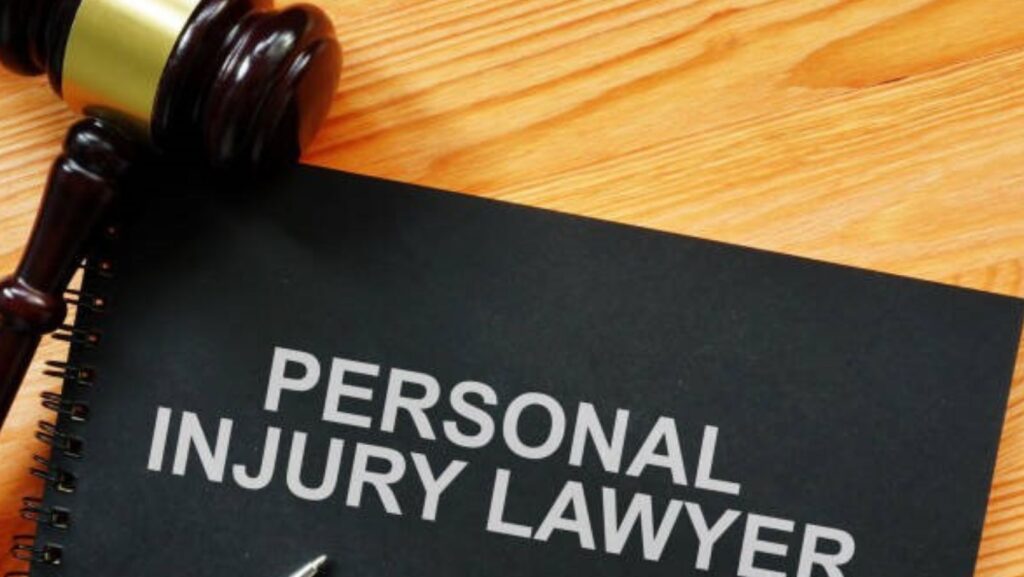It can be overwhelming when you are injured in an accident caused by someone else’s negligence. Between medical appointments, recovery, and emotional stress, filing a personal injury claim might seem like one more thing you don’t have the energy for.
However, choosing not to file a claim can have serious consequences beyond your immediate situation.
The Potential Repercussions of Not Filing a Personal Injury Claim After an Accident
1. Financial Strain
Accidents can be expensive. Medical bills, physical therapy, and other recovery-related costs can quickly pile up. If you miss work due to your injuries, the loss of income can make it even harder to stay financially afloat.
When you don’t file a personal injury claim, you essentially agree to bear these costs, even if the accident wasn’t your fault. Instead, you must contact a lawyer. The best personal injury lawyers can help you get the compensation you deserve. Compensation from a claim can cover these expenses, easing your financial burden and allowing you to focus on recovery.
2. Lost Evidence and Witnesses
The longer you wait to take legal action, the harder it becomes to prove your case. Evidence like surveillance footage, accident reports, and even witness testimonies can fade away or become more burdensome to obtain over time.

Not filing a claim promptly risks losing access to critical information that could strengthen your case. This could mean you miss out on the compensation you deserve if you decide to file a claim later.
3. Missing the Statute of Limitations
Every state has a statute of limitations, a legal deadline by which you must file a personal injury claim. If you miss this window, you lose your right to seek compensation, no matter how valid your case is.
It’s essential to understand the deadlines in your state and act accordingly. Consulting a personal injury lawyer early ensures you don’t miss your chance to hold the responsible party accountable.
4. Ongoing Medical Issues
Some injuries don’t fully reveal their impact until months or even years later.
For example, what may seem like a minor backache after a car accident could develop into chronic pain requiring long-term treatment.
If you don’t file a claim, you won’t have the resources to cover future medical expenses that stem from the accident. When calculating your compensation, filing a claim ensures that these potential expenses are considered.
5. Emotional Toll
Accidents don’t just cause physical injuries; they can also take a significant emotional toll. Anxiety, depression, and post-traumatic stress disorder (PTSD) are common among accident victims.

Without financial support, you might not have access to therapy or counseling to help you cope. Filing a personal injury claim can provide the financial means to address these emotional needs.
Conclusion
Not filing a personal injury claim after an accident can lead to financial hardships, lost opportunities for justice, and long-term emotional and physical consequences. Taking action early secures the compensation you need and ensures that the responsible party is held accountable.
The good news is that you don’t have to navigate this process alone. A skilled personal injury attorney can guide you through each step, from gathering evidence to negotiating with insurance companies. With the right support, you can focus on healing while protecting your rights.


More Stories
Architectural Elements You Need For Your Craftsman Bungalow
What to Know About Keeping the Front Yard of Your Home in Portland Clean
AI Cooling On, Lag Off: Why Gamers Are Hyped for the Honor 400 Pro